Tom Wheeler served as the 31st Chairman of the Federal Communications Commission from 2013-2017.
The November 27 Senate hearing on the activities of the Federal Trade Commission (FTC) highlighted the shortcomings of applying industrial-era thinking to internet-era challenges. It is a situation exacerbated by the Trump Administration’s bias of companies over consumers. The new digital reality calls for both expansive regulatory oversight as well as legislative action.
In response to a question posed by a bearded Sen. Ted Cruz (R-TX), FTC Chairman Joseph Simons described the limits of his agency’s authority: “unless it is something that relates to a competition issue, or it’s unfair or deceptive, then I don’t think we have a role.” No role? On the contrary, as Big Tech creates new challenges to consumer protection and marketplace competition, the FTC should re-examine its role in terms of internet realities rather than clinging to industrial precedents.
Interestingly, the question to which the chairman was responding was Sen. Cruz’s complaint that social media was discriminating against conservative opinion. Rightfully, Chairman Simons pushed back against using regulation to referee the First Amendment. However, his constrained description of the FTC’s authority highlights the need for creative new responses the the ongoing collision between conservative dogma and the unconstrained activities of Big Tech.
Competition and Consumer Protection Intertwined
Once upon a time, the oversight of competition and the oversight of unfair or deceptive practices were distinct areas of the law: witness today’s separate FTC Bureaus of Competition and Consumer Protection. However, the unconstrained exploitation of digital technologies in recent years has welded the two legal concepts together. The unfair deception of consumers has enabled a noncompetitive industry structure which exploits consumers in turn.
Digital technology has intertwined the competition and deception issues to create new threats that require new thinking about statutory applications. Thus far, excessive faith in free market outcomes and lenient consumer protection enforcement has been exacerbated by the rapid expansion of previously unimagined digital capabilities. For instance, tech companies hiding behind “privacy policies” deceive consumers into thinking that they are protected when the policies actually grant permission to violate their privacy. Having accomplished that harm, such practices provide tech companies with a hoard of aggregated consumer information that thwarts competition in sending targeted information to consumers.
The FTC is typically regarded as the agency of government most qualified to deal with the broad challenges of the internet economy. While the Federal Communications Commission’s (FCC) jurisdiction is limited to the nation’s internet delivery networks (which the Trump FCC has declined to use, claiming the FTC is sufficient), the FTC has jurisdiction over the vast majority of the internet economy.
As defined by its Chairman, the agency seems to view its authority through one-way glass. From its perch on Pennsylvania Avenue, the agency looks outward saying “our powers are limited,” instead of standing outside and asking “what does the new reality out here mean for what we can do?” It is a conservative lawyer’s view of the allegedly unrelated buckets of competition and deception rather than an advocate’s view of competition and consumer protection, asking what to do about how new digital activities have joined the two together. Our new times demand the expansive exercise of authority to tackle new problems.
Looking forward
For the next several years we will witness this debate play out in Congress. The companies that deliver the internet, such as Comcast and AT&T, along with the companies riding that delivery pathway, such as Facebook and Google, will argue how regulation risks breaking the magic of the internet. Those that speak on behalf of consumers and competition will argue that only government has the power to challenge the economic muscle of the tech giants.
If past is prologue, this debate will continue well past the 2020 elections. Chairman Simons’ testimony about the need for expanded authority and resources sets a litmus test for the Congress. However, the split leadership of the houses of Congress, the anti-regulation bias of the Trump Administration, and the incentive for companies to delay change as long as possible will fill the calendar with debate instead of decision.
The litmus test for Congress should also apply to the FTC itself. A forward-looking FTC could advance this debate by recognizing the convergence of unfair acts with uncompetitive behavior. Shedding its industrial interpretations could provide some short-term amelioration of current issues. Most importantly, it could draw a roadmap laying out the areas that need new legal authority. Protecting consumers and competition in the digital age requires conforming responsibilities established in the industrial era with the new realities established by information technology. The FTC needs to be as innovative in oversight as the companies are in technology.
Comcast, AT&T, Facebook, and Google are donors to the Brookings Institution. The findings, interpretations, and conclusions posted in this piece are solely those of the author and not influenced by any donation.
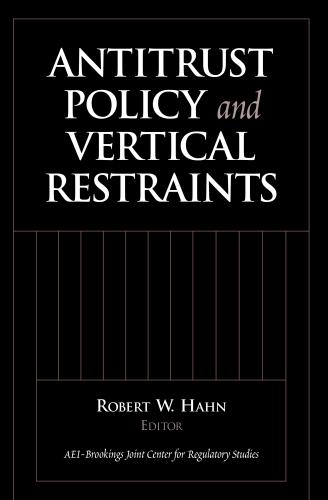
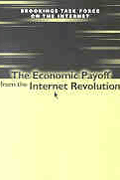
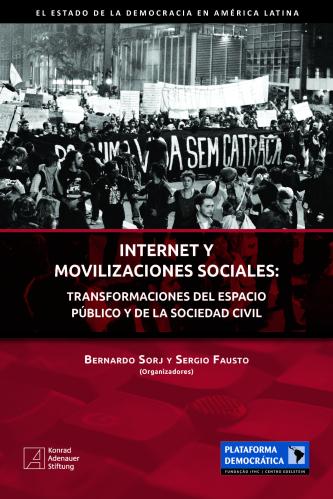
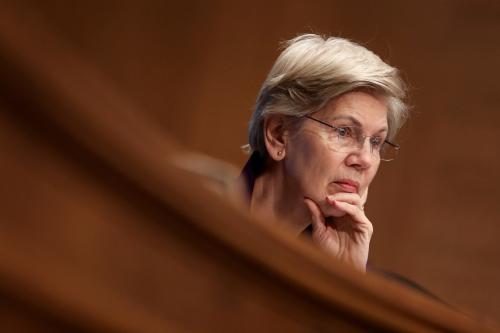
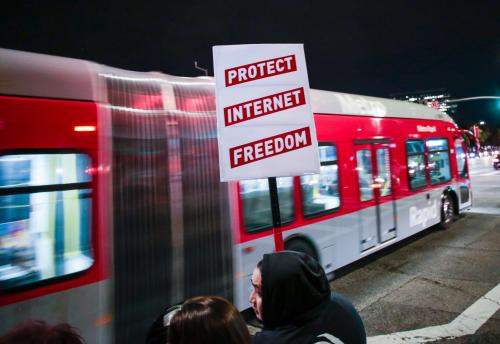
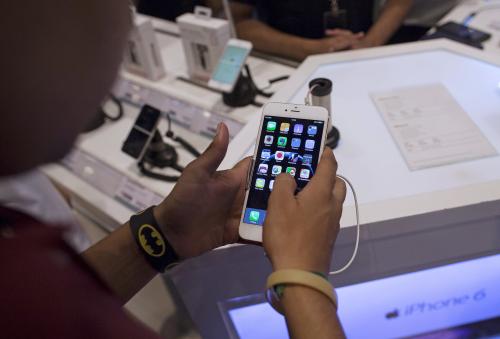




Commentary
The FTC should match tech company innovation with oversight innovation
December 12, 2018